10 best Cybersecurity certifications for 2024: Reviewed by Digimagg
Discover the top 10 cybersecurity certifications for 2024. Boost your career with the best credentials in cybersecurity. Find out more now!

It's widely recognized that cybersecurity is in a state of constant evolution. This necessitates that cybersecurity professionals maintain a proactive approach to safeguarding their organizations against emerging threats.
One of the most effective strategies to achieve this, whether you're entering the field of cybersecurity or aiming to advance your career, is by acquiring a cybersecurity certification.
However, with the abundance of available certifications, choosing the one that aligns with your goals can be overwhelming.
To alleviate this challenge, we have curated a list of the Top 10 cybersecurity certifications. This resource will assist you in determining the most suitable certification for your needs, regardless of whether you're a newcomer to the industry or an experienced practitioner.
Best 10 Cybersecurity certifications for advancing your career in 2024
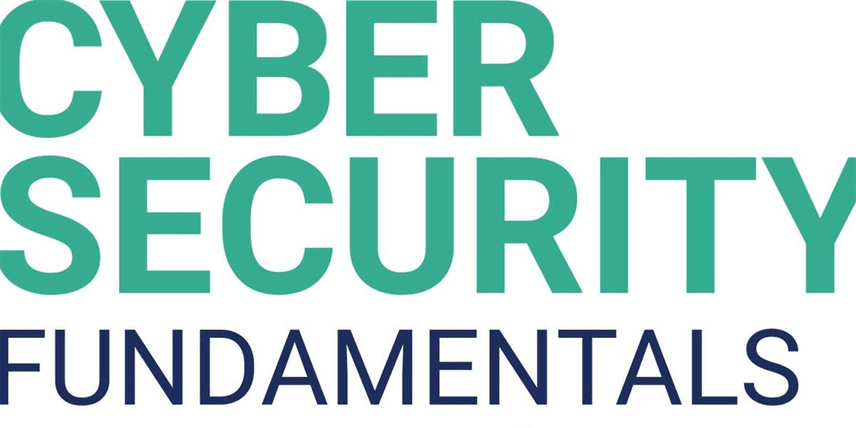
Read Digimagg's Review
The ISACA Cybersecurity Fundamentals certification verifies your understanding of cybersecurity fundamentals and the crucial role played by cybersecurity professionals in safeguarding organizational infrastructures and data. This certification is suitable for students, recent graduates, IT professionals, teams, and individuals seeking a comprehensive grasp of cybersecurity principles. ISACA provides customizable online, on-demand group training to accommodate organizations' specific needs and objectives.
There are no prerequisites for the exam, which assesses knowledge in securing assets, basics of information security, understanding the threat landscape, and proficiency in security operations and response.
 Foundation in cybersecurity
Foundation in cybersecurity Vendor-neutral
Vendor-neutral Recognized by employers
Recognized by employers.png) Less technical focus
Less technical focus.png) Cost and maintenance
Cost and maintenance.png) Niche market
Niche market
Read Digimagg's Review
Obtaining the CompTIA Security+ certification confirms your foundational skills essential for various cybersecurity positions, especially for those new to or aspiring in the field. Earning this certification signifies to employers your ability to evaluate organizational security, comprehend pertinent laws and regulations concerning risk and compliance, recognize and address security incidents, and oversee security measures for Internet of Things, mobile, and cloud platforms.
The suggested prerequisites for taking the CompTIA Security + exam include holding the CompTIA Network+ certification and having two years of experience in IT administration with an emphasis on security, or two years of experience in a security/systems administrator position.
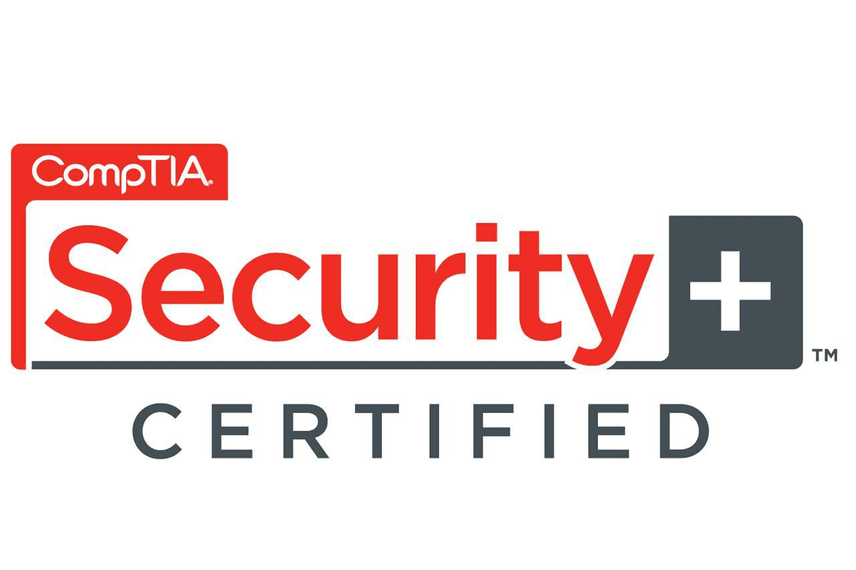
 Vendor-neutral
Vendor-neutral Career advancement
Career advancement Recognized industry standard
Recognized industry standard.png) Broad but not deep
Broad but not deep.png) Renewal requirements
Renewal requirements.png) Technical focus
Technical focus
Read Digimagg's Review
The GIAC Security Essentials certification stands out as an excellent choice for novice cybersecurity professionals, particularly suitable for individuals with a background in networking and information systems. This certification signifies your ability to excel in practical IT systems security positions and validates a comprehensive understanding of information security beyond basic terminology and concepts.
To qualify for the GIAC Security Essentials certification exam, completion of the GIAC Security Essentials course or possessing equivalent knowledge and experience in information security is required. GIAC recommends a minimum of two years of experience in information security (IS) or a related field before attempting the exam.

 Hands-on practical skills
Hands-on practical skills Specialized knowledge
Specialized knowledge Renewal options
Renewal options.png) Technical complexity
Technical complexity.png) Cost and time commitment
Cost and time commitment.png) Maintenance requirements
Maintenance requirements
Read Digimagg's Review
The AWS Certified Security – Specialty certification is a specialized credential that confirms proficiency in devising and executing security solutions within the AWS cloud environment, and in our opinion, ranks among the top cybersecurity certifications. Those holding this certification demonstrate their mastery in overseeing security aspects specific to AWS, encompassing the shared responsibility model, security controls, and strategies for logging and monitoring. Additionally, they possess knowledge about securing AWS workloads utilizing third-party tools such as encryption, backup systems, and identity management.
Although there are no formal prerequisites, Amazon recommends candidates to have at least five years of IT security experience, with a minimum of two years of hands-on involvement with AWS. It is also advised that individuals pursue either the AWS Certified Solutions Architect – Professional or AWS Certified Solutions Architect – Associate certifications before attempting the AWS Certified Security – Specialty exam. This certification is particularly beneficial for security architects and professionals seeking to enhance their capabilities in securing AWS workloads and specialized data classifications, as well as comprehending AWS's data protection measures and implementing secure internet protocols within the AWS Cloud.
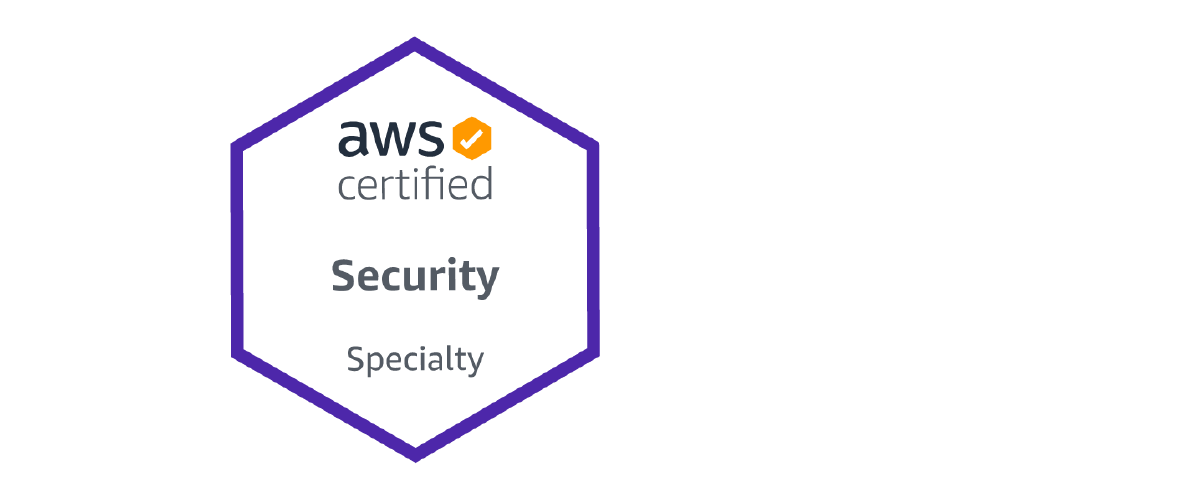
 Specialized expertise
Specialized expertise In-demand skills
In-demand skills Official recognition by AWS
Official recognition by AWS.png) Prerequisite knowledge
Prerequisite knowledge.png) Complexity of the exam
Complexity of the exam.png) Focus on AWS-specific security
Focus on AWS-specific security
Read Digimagg's Review
The ISACA's Certified Information Systems Auditor(CISA) certification enables both external and internal cybersecurity auditors to showcase their expertise in assessing security vulnerabilities, establishing and implementing controls, and providing compliance reports. This certification is ideal for security engineers transitioning into auditing roles or auditors seeking certification.
Applicants are required to possess five or more years of experience in information security auditing, control, security, or assurance. Alternatively, one year of experience can be substituted with a two-year degree, while two years of experience can be substituted with a four-year degree.
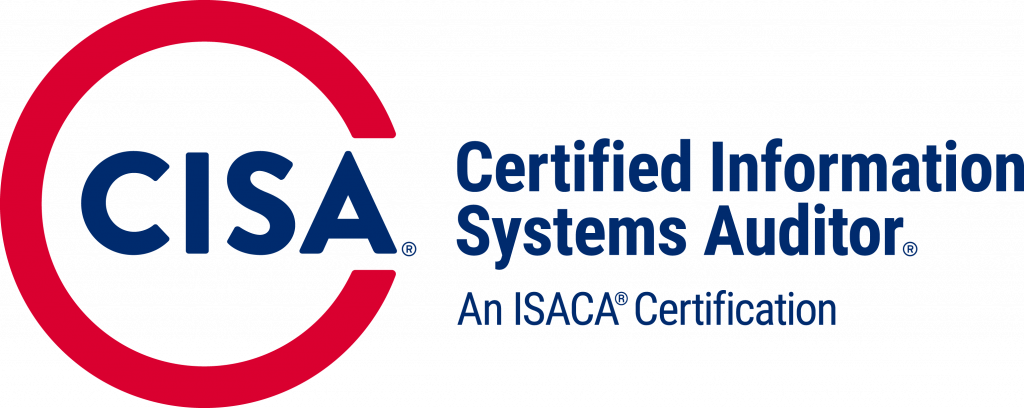
 Industry recognition
Industry recognition Career advancement
Career advancement Continuing Professional Education (CPE)
Continuing Professional Education (CPE).png) Experience requirement
Experience requirement.png) Challenging exam
Challenging exam.png) Renewal requirements
Renewal requirements
Read Digimagg's Review
The Certified Information Systems Security Professional(CISSP) is an advanced certification offered by ISC2, tailored for seasoned security managers, practitioners, and executives. This certification validates your ability to effectively design, implement, and oversee a cybersecurity program. To be eligible for CISSP certification, you must have accumulated five or more years of paid work experience across at least two of the following cybersecurity domains: security and risk management; asset security; security architecture and engineering; communication and network security; identity and access management; security assessment and testing; security operations; and software development security.
However, if you lack the full five years of experience, you can substitute one year of work experience with a four-year degree in computer science or a related field, or an additional credential from the ISC2-approved list. Part-time work experience and both paid and unpaid internships are also considered acceptable.
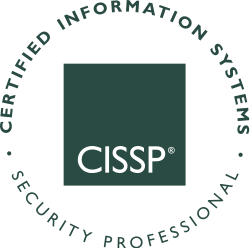
 Comprehensive coverage
Comprehensive coverage Professional development
Professional development Vendor-neutral
Vendor-neutral.png) Experience requirement
Experience requirement.png) Specialized Focus
Specialized Focus.png) Renewal requirements
Renewal requirements
Read Digimagg's Review
The Certified Ethical Hacker (C|EH) certification, provided by the EC-Council, attests to your proficiency in identifying attack vectors, detecting attacks, conducting penetration testing, and implementing preventive measures. As an aspirant for this certification, you'll delve into the latest hacking methods and tools, learning ethical hacking techniques to legally assess an organization's security and uncover vulnerabilities. Official training attendance or a minimum of two years of experience in information security is required.
This certification stands out as an excellent choice for cybersecurity professionals seeking practical expertise in ethical hacking and penetration testing before advancing to more advanced certifications.
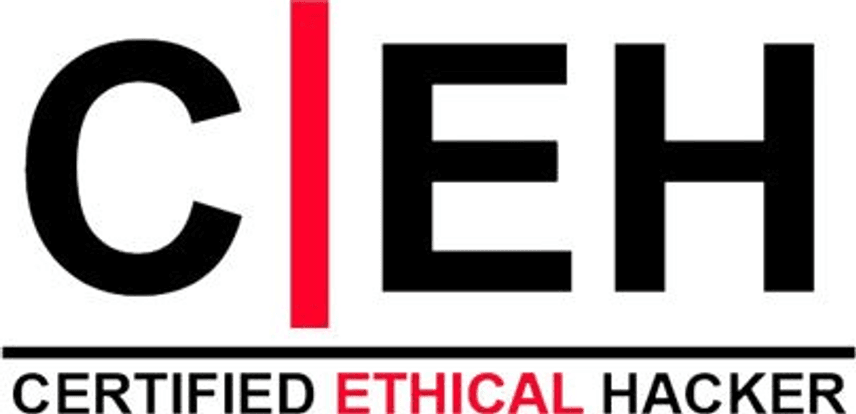
 Continuing Professional Education (CPE)
Continuing Professional Education (CPE) Hands-on skills
Hands-on skills Industry recognition
Industry recognition.png) Vendor-specific tools
Vendor-specific tools.png) Controversial reputation
Controversial reputation.png) Limited technical depth
Limited technical depth
Read Digimagg's Review
The Offensive Security Certified Professional (OSCP) certification is a prestigious accreditation aimed at individuals looking to demonstrate their expertise in penetration testing. Developed and managed by Offensive Security, this certification evaluates practical skills in penetration testing by requiring candidates to successfully breach and compromise various live machines within a controlled lab environment. Notably, the OSCP examination is hands-on, demanding candidates to carry out vulnerability exploits on target systems. While there are no strict prerequisites, candidates are advised to possess knowledge equivalent to that of a Certified Information Security Professional (CISSP), a strong grounding in security principles, proficiency in programming languages such as Java, C, and Python, and the ability to conduct research, verify findings, and demonstrate patience and focus while tackling diverse tasks within a 48-hour timeframe.
The OSCP certification is widely regarded as the industry standard for penetration testing professionals. It can unlock opportunities in various cybersecurity roles, including security analyst, penetration tester, malware analyst, and more. It distinguishes individuals by showcasing their practical understanding of offensive techniques and their capacity to identify vulnerabilities and devise effective solutions.
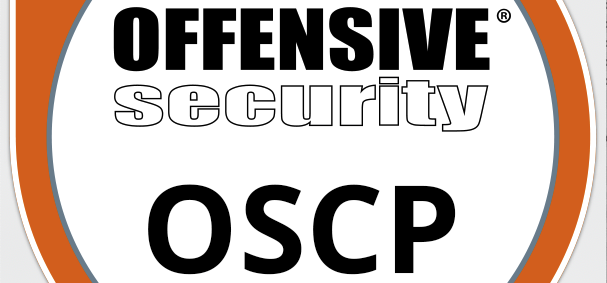
 Emphasis on practical skills
Emphasis on practical skills Flexible training options
Flexible training options Career advancement
Career advancement.png) Technical complexity
Technical complexity.png) Limited availability of exam slots
Limited availability of exam slots.png) Technical complexity
Technical complexity
Read Digimagg's Review
The Certified in Risk and Information Systems Control(CRISC) certification is particularly advantageous for mid-career individuals working in IT/IS audit, risk management, and cybersecurity. This certification equips professionals with essential competencies for efficiently managing information security risks.
Candidates must adhere to a Code of Professional Ethics and the Continuing Professional Education (CPE) policy. Under the CPE policy, CRISC-certified professionals are required to accumulate a minimum of 20 contact hours annually and 120 contacts over three years to uphold their certification. CRISC certification can significantly bolster career prospects, as certified professionals often command an annual salary exceeding $146,000, rendering it a valuable credential in IT risk management and information systems control.
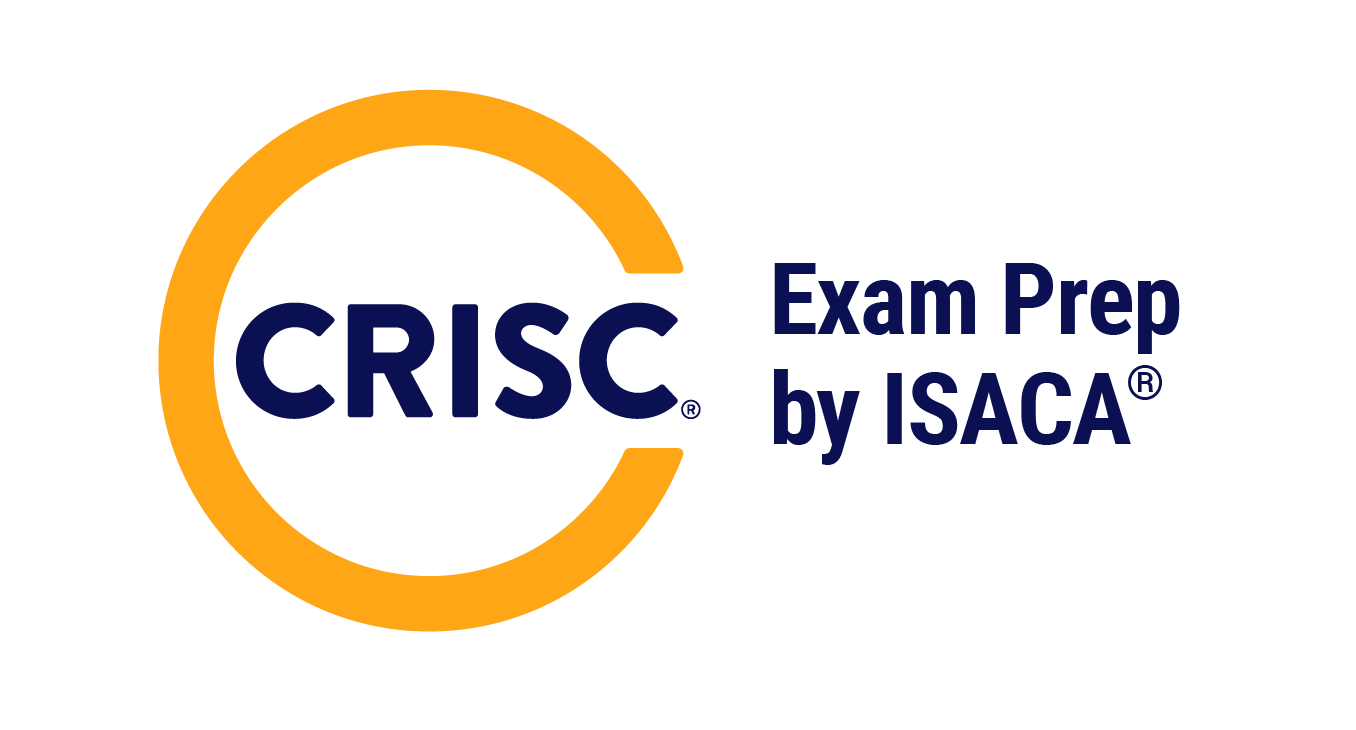
 Specialized expertise
Specialized expertise Comprehensive coverage
Comprehensive coverage Continuing Professional Education (CPE)
Continuing Professional Education (CPE).png) Specialized focus
Specialized focus.png) Cost
Cost.png) Experience requirement
Experience requirement
Read Digimagg's Review
The System Security Certified Practitioner (SSCP) certification, offered by ISC2, is an intermediate-level security credential. It validates your ability to deploy, monitor, and administer a secure IT infrastructure. The examination evaluates your expertise in various domains including security operations and administration, access controls, risk identification, monitoring and analysis, incident response and recovery, cryptography, network and communications security, and systems and application security. This certification is tailored for IT professionals actively involved in managing their organization's security systems or assets.
To qualify for the exam, you must possess at least one year of work experience in one of the tested areas. Alternatively, this requirement can be met through a bachelor's or master's degree in a cybersecurity program. In summary, investing time and resources into cybersecurity certifications can be valuable, provided you choose the right one. These certifications serve as crucial indicators to employers of your expertise and abilities in cybersecurity.Obtaining a cybersecurity certification can give you a competitive edge in the job market or propel your career forward within your current organization.
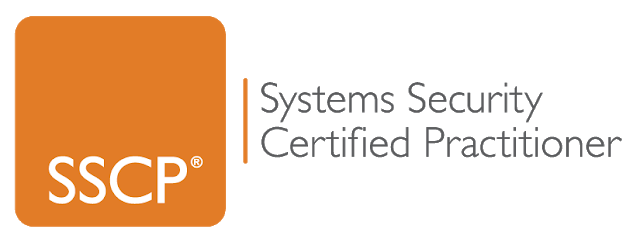
 Broad coverage of security topics
Broad coverage of security topics Entry-level certification
Entry-level certification Continuing Professional Education (CPE)
Continuing Professional Education (CPE).png) Renewal requirements
Renewal requirements.png) Cost
Cost.png) Challenging exam
Challenging exam







































.png)








